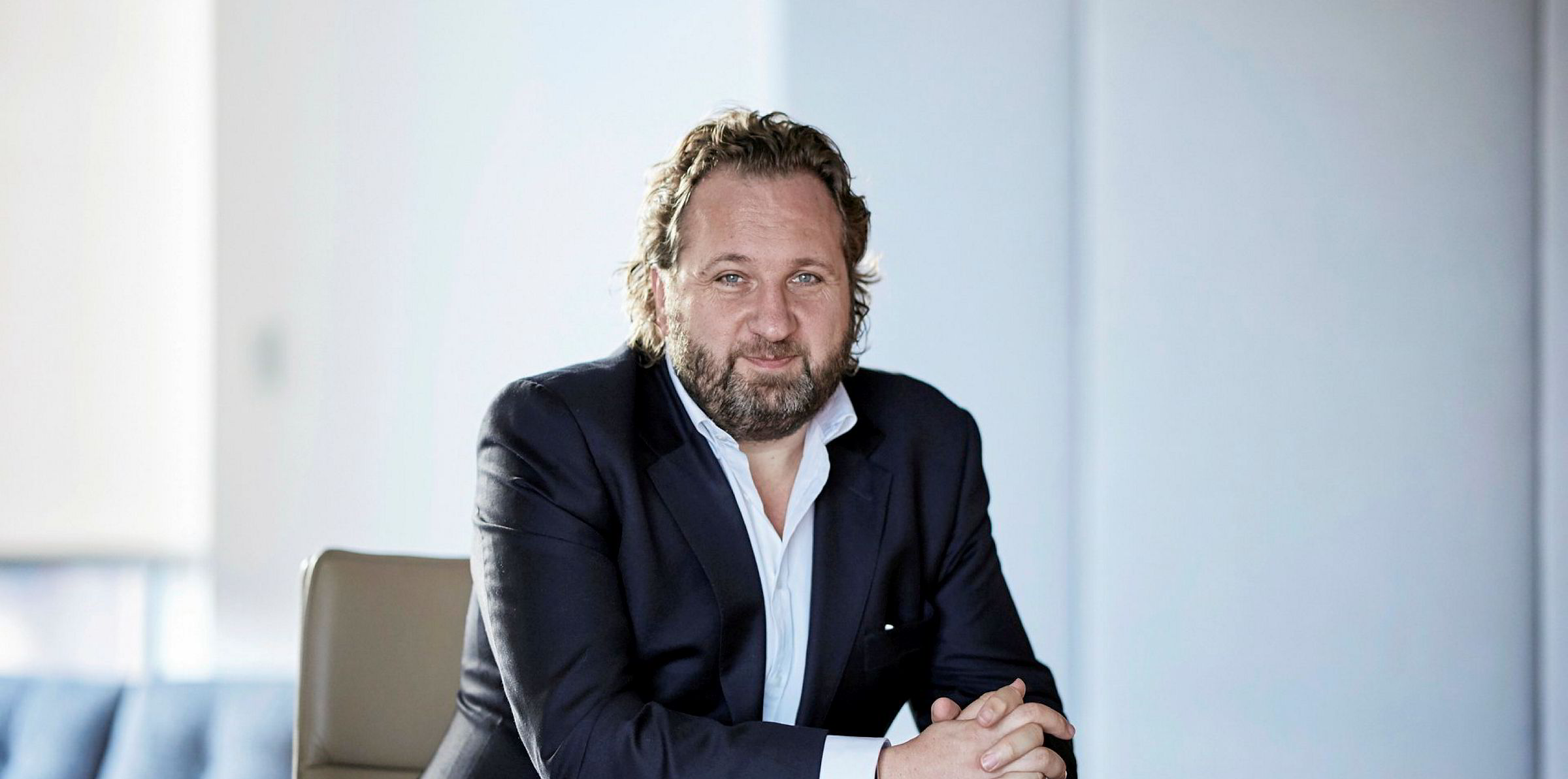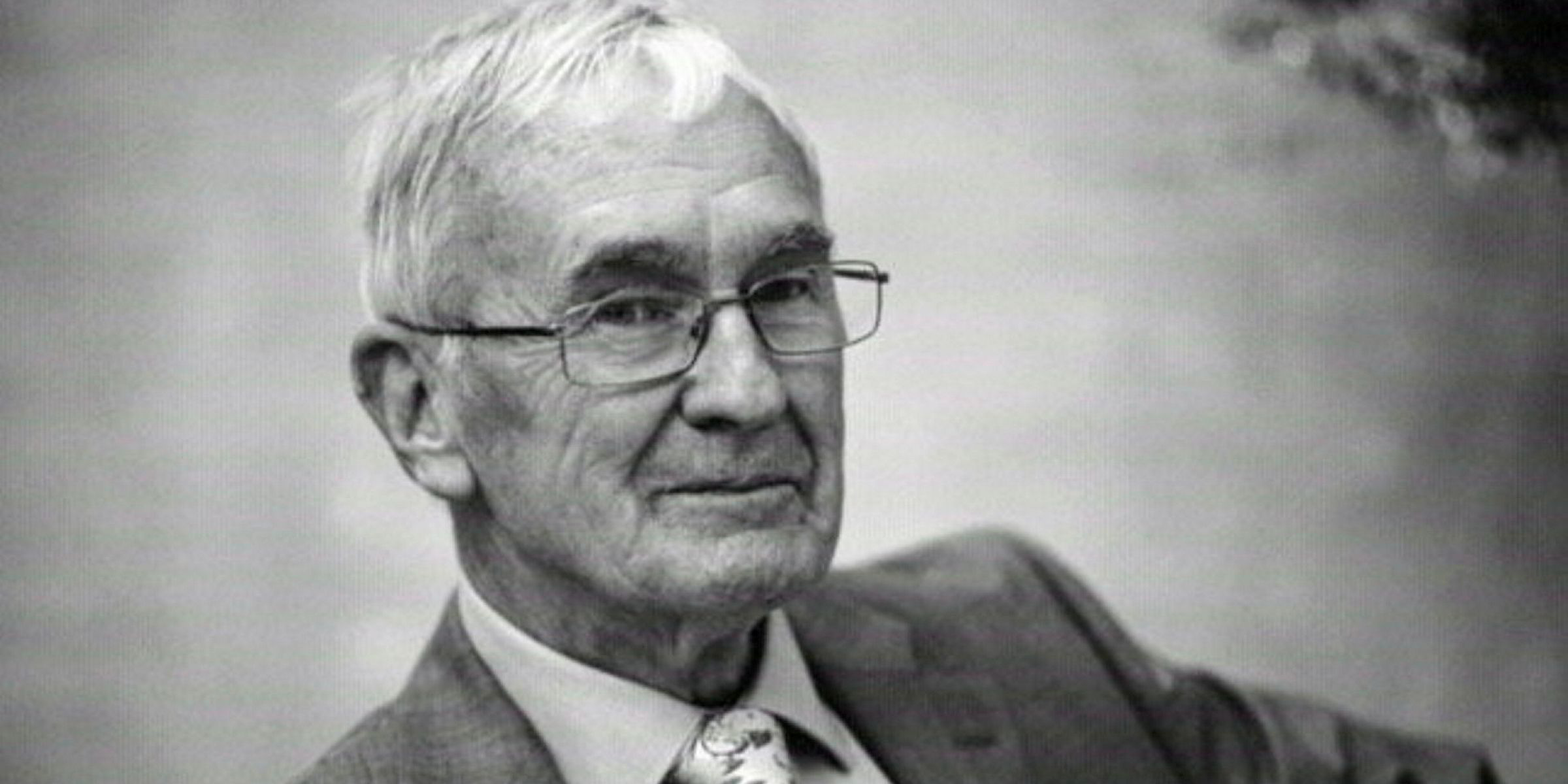Clarksons directors have been meeting shareholders in a bid to head off any potential revolt over its pay policy.
The London shipbroking wants to ensure it is not forced to break the contracts of chief executive Andi Case and finance chief Jeff Woyda, following the result of an upcoming vote in May.
Chairman Sir Bill Thomas said he considered the issue so important that he and remuneration chair committee chairman Tim Miller and director Peter Backhouse have started a "major engagement process" with holders of 49% of its stock.
"We have listened to their views and discussed why the remuneration policy for Clarksons is appropriate," he said.
"Having come in fresh to Clarksons in February 2019, and having learnt what I now know about the company, its management and context, I firmly believe in the remuneration proposal which will be put to the vote in May."
He said the pay structure does not conform to current market norms, but the executives each have binding contracts of employment.
Case and Woyda signed contracts 14 years ago.
The company is not typical in that Case is still a deal-making broker as well as CEO.
Any short term change imposed by shareholders would require their contracts to be broken, he added.
"The board believes that this is not in the best interests of the company's stakeholders and that such action would create a significant risk in terms of executive continuity," Thomas said.
Clarksons does not "break contracts"
"There is also a serious cultural consideration. Clarksons' reputation is built in part on its history of honouring contracts. It does not break them."
He said that when new executive directors are appointed, or when a succession takes place, the board has pledged to sign new deals "more consistent with market norms".
"This legacy remuneration issue will disappear," he added.
The meetings are also being held to aid transparency and help Thomas get to know the major shareholders.
There is not thought to be an imminent risk of revolt, but last May, investors voted through the closely-watched pay packets of the company’s top executives by the narrowest of margins.
The number of shareholders opposing the remuneration of Case and Woyda had been growing in recent years.
Narrow squeak in 2019
Only 51.49% of votes cast were in favour of the pay deals, prompting the world’s largest shipbroker to review its payout policy.
There was almost unanimous support for the bosses' performance, however, with both re-elected with backing from of over 99.6% of votes cast.
Remuneration committee chairman Miller took up over the post from former UK Athletics boss Ed Warner in 2018.
Case and Woyda have been running Clarksons during a period in which it has completed a mega-merger with RS Platou and become a FTSE 250 company.
The chief executive saw his overall remuneration package fall from £4.04m ($5.29m) in 2017 to £2.76m in 2018.
His basic salary, which has been static since 2010, contributed £550,000 to the total. However, his performance related bonus accounted for £2.12m in 2018.
This was down from the £3.04m of 2017.
Given his standing in shipping, backers argue he could earn more elsewhere at a private company.
Woyda’s total package was worth $959,000 in 2018, down from £1.34m in 2017. That followed a fall in his bonus to £548,000 from £766,000 12 months previously.
It is not clear which Clarksons investors opposed the pay deals last year.
Sources noted a vote against did not necessarily reflect the opinion of the fund managers - many of whom are obliged to vote in line with ratings company recommendations.
The company posted underlying profit before tax of £49.3m ($65m) for 2019, which was better than the £45.3m in 2018.






